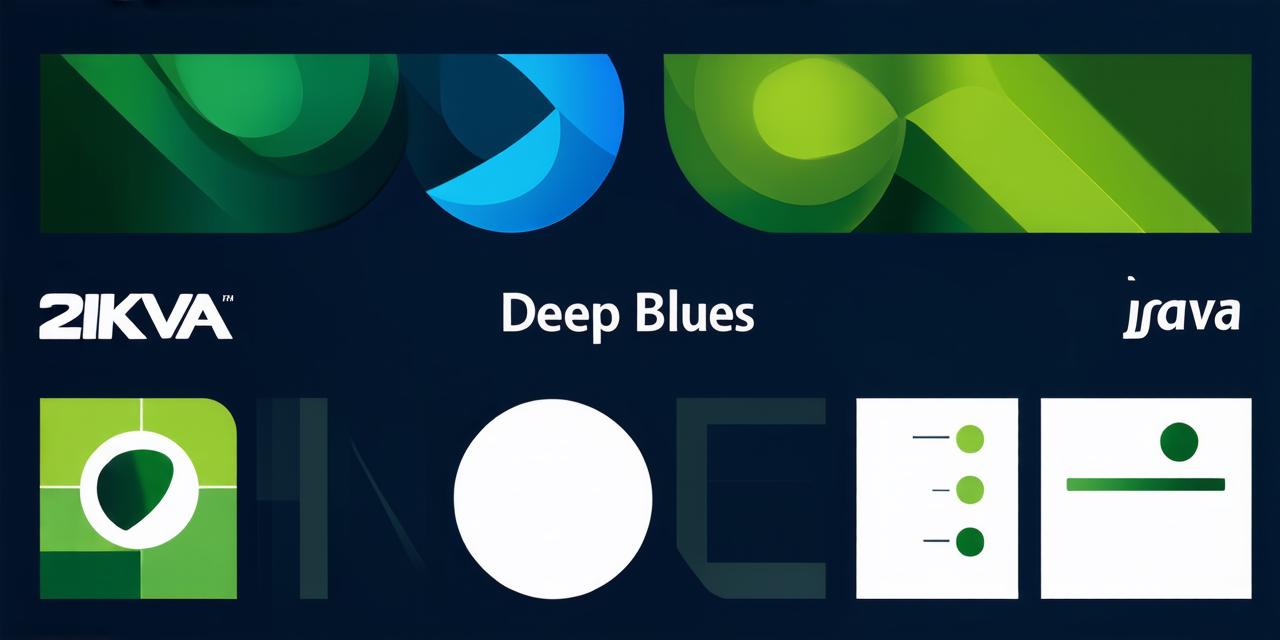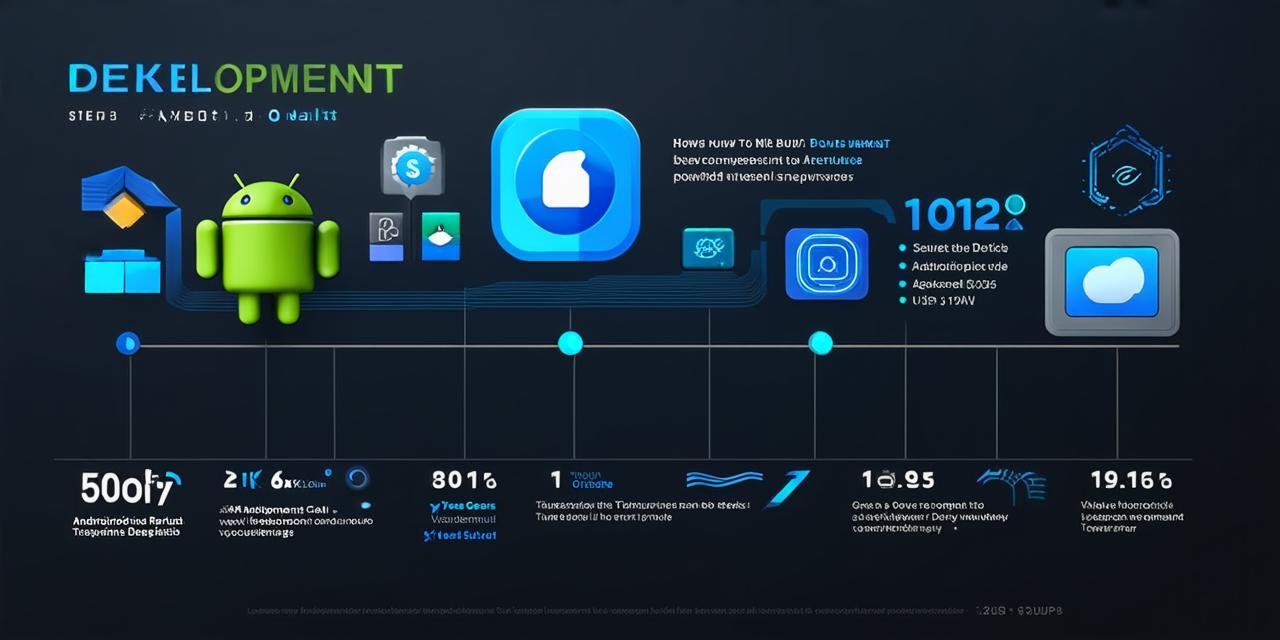<!DOCTYPE html>
Android Game Development in 2021
Before we can answer the question about the future of Android game development, we must first look at its current state. According to a report by App Annie, global mobile gaming revenue reached $65.3 billion in 2020, with the Google Play Store accounting for a significant portion of this total.
Android game development has been thriving in recent years due to several factors. Firstly, Android devices are incredibly popular and accessible, making them the go-to choice for many gamers. Additionally, Android offers a wide range of tools and resources for game developers, including Unity, Unreal Engine, and Java.
Android Game Development in 2024
Now that we have established the current demand for Android game development, let’s examine whether this trend will continue into the future. There are several indications that suggest Android game development will remain in demand in 2024 and beyond.
Firstly, the continued growth of mobile gaming is expected to drive demand for Android game development. According to a report by eMarketer, mobile gaming is projected to account for 36.8% of all gaming revenue worldwide by 2021. This trend is expected to continue into the future, as more and more people turn to mobile devices for their gaming needs.
Secondly, Android continues to dominate the global smartphone market, with over 70% of all smartphones running on Android operating systems. This means that there will continue to be a large and diverse user base for Android game development in the coming years.
Finally, advancements in technology are making it easier than ever to develop games for Android devices. With the increasing popularity of augmented reality (AR) and virtual reality (VR), developers can now create immersive and interactive experiences that were previously impossible on mobile devices.
Real-Life Examples of Successful Android Game Development
To further illustrate the demand for Android game development, let’s take a look at some real-life examples of successful games developed for Android devices.
Case Studies in Android Game Development
Case Study 1: Angry Birds
Angry Birds is a popular mobile game developed by Finnish gaming company Rovio. The game was launched on the Apple App Store in 2009 and quickly gained popularity, eventually being released on Android devices in 2010. By 2013, Angry Birds had over 1 billion downloads across all platforms, making it one of the most successful mobile games of all time.
Case Study 2: Pokemon GO
Pokemon GO is another successful Android game that has captured the imagination of millions of players around the world. The game was developed by Niantic, a San Francisco-based gaming company, and was launched on the Google Play Store in 2016. By 2017, Pokemon GO had over 500 million downloads and was generating millions of dollars in daily revenue.
Case Study 3: Among Us
Among Us is a multiplayer online game developed by InnerSloth Games, a small indie studio based in Denmark. The game was launched on the Google Play Store in 2018 and quickly gained popularity, eventually being acquired by Microsoft for an undisclosed sum in 2020.
The Future of Android Game Development
Now that we have explored the current state and success stories of Android game development, let’s look at what the future holds for this industry.
Emerging Technologies
As mentioned earlier, emerging technologies like AR and VR are likely to continue to impact the world of Android game development in the coming years. These technologies offer new opportunities for developers to create immersive and interactive experiences that were previously impossible on mobile devices.
Additionally, advancements in artificial intelligence (AI) and machine learning (ML) are also expected to play a significant role in the future of Android game development. These technologies can be used to enhance gameplay, personalize player experiences, and even generate content automatically.
Evolving User Demands
As users become more demanding and discerning, developers will need to adapt and innovate to keep up with these changing needs. This may involve incorporating new features like social integration, cloud-based gaming, and esports functionality into Android games.
Additionally, there is a growing trend towards mobile gaming as a service (MaaS), where players pay a monthly subscription fee for access to a wide range of games and content. This model is expected to become more prevalent in the future, as it offers developers a stable revenue stream and allows players to access a diverse range of games without having to download and install them individually.
The Role of Google
Finally, the role of Google in shaping the future of Android game development cannot be overstated. As the owner of the Android platform, Google has significant influence over the tools and technologies that developers use to create games for its ecosystem. Additionally, Google’s acquisition of gaming companies like Stadia and Jaunt VR suggests that it is investing heavily in the future of Android game development.
In conclusion, while there are certainly challenges and uncertainties ahead for the world of Android game development



